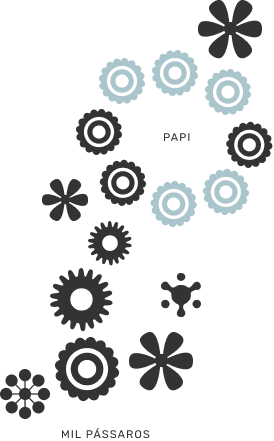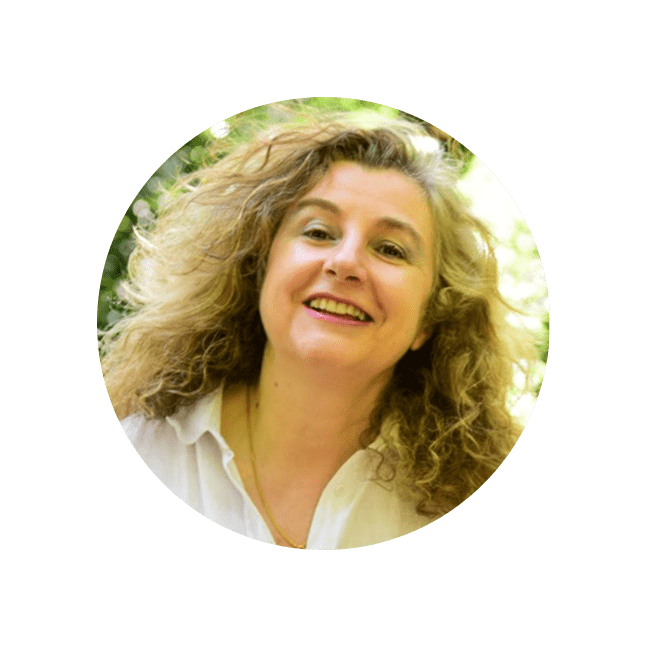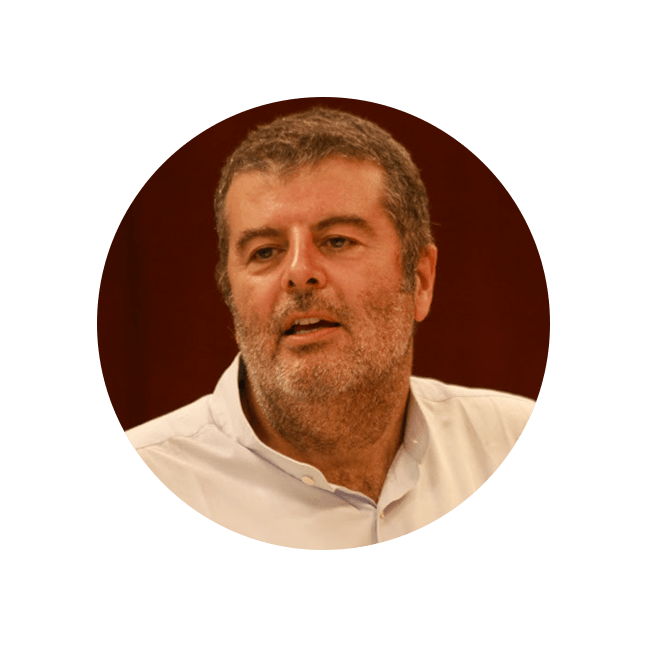Artistic creation is the heartbeat of Companhia de Música Teatral (CMT). Starting with music and seeking interaction between various languages and possibilities for artistic communication, CMT has built a pathway to the discovery of what it calls “the development of artistic-educational constellations”. The philosophical matrix of CMT is defined by the creation of relationships between art and education, and by the articulation of academic research, artistic production, training, technological creation, community involvement and the promotion of the general importance of musical experience and the arts for social and human development. CMT has made a decisive contribution to a diverse and comprehensive cultural offer: CMT’s repertoire is a kaleidoscope of shows, installations, workshops, medium- and long-term projects, training activities, publications in various formats, participation in research projects and presentations that have national and international academic scope.
CMT receives regular support from DGArtes, is a member of RESEO (European Network for Opera and Dance Education) and has presented its work in Portugal, Spain, France, United Kingdom, Austria, Germany, Belgium, Finland, Denmark, Poland, Greece, Cyprus, Czech Republic, Lithuania, Brazil, United States of America, Canada, South Africa, Macau, China, Hong Kong and Thailand. CMT has collaborated with the main cultural institutions in Portugal and has presented its projects at several prestigious international institutions and events, but it has also offered a set of development and training opportunities to nurseries, schools, non-profit organizations and the general community, which contributes to art being accessible to everyone. CMT collaborates with established artists as well as artists at the start of their careers. It receives support from the Calouste Gulbenkian Foundation for the conception and development of long-term projects, and collaborates regularly with municipal councils and universities.
CMT’s origins can be found at the intersection of the artistic and academic paths of Helena Rodrigues and Paulo Maria Rodrigues: in 1994 Helena Rodrigues started to introduce Edwin Gordon's ideas on musical learning to Portugal, quickly establishing her own work with babies and children and contributing to the training of several professionals interested in this area; in parallel, Paulo Maria Rodrigues was developing projects with children in London, combining music, theatre and dance. After a fruitful collaboration, which resulted in the presentation of “O Gato das Notas” at Expo 98, CMT was formally constituted as a cooperative in 1999 with the mission of “designing artistic and educational projects in which music is the starting point for the interaction between different techniques and artistic languages with an aesthetic ranging from scenic music to “music-theatre”.






